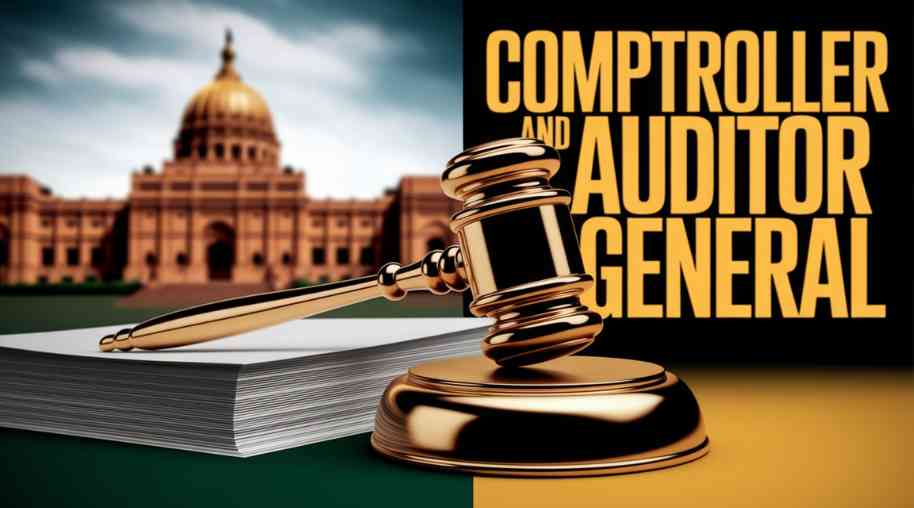CAG Full Form - Comptroller and Auditor General
by Shashi Gaherwar
0 2312
Comptroller and Auditor General of India: Guardian of Public Finances
Introduction
The Comptroller and Auditor General (CAG) of India is a constitutional authority responsible for auditing government finances and ensuring financial transparency. As an independent body, the CAG plays a crucial role in holding the government accountable for its spending and revenue generation.

History and Constitutional Status
The CAG of India derives its authority from Article 148 of the Indian Constitution. The office of the CAG was established in 1949, replacing the Auditor General of India from the British era. The CAG is appointed by the President of India and holds office for a tenure of six years or until attaining the age of 65 years, whichever is earlier.
Roles and Responsibilities
The primary functions of the CAG of India include:
- Auditing Government Accounts: The CAG audits the accounts of the Union and State governments, including all expenditures, revenues, and financial transactions.
- Audit of Public Sector Enterprises: The CAG is responsible for auditing the accounts of public sector undertakings (PSUs) and government companies.
- Ensuring Compliance with Financial Laws: The CAG ensures that financial transactions comply with the laws and regulations set by the government.
- Preparation of Audit Reports: The CAG submits audit reports to the President and Governors, which are then presented in Parliament and State Legislatures.
- Performance and Efficiency Audits: Apart from financial audits, the CAG also conducts performance audits to evaluate the efficiency and effectiveness of government programs.
Powers of the CAG
The CAG has extensive powers to inspect, audit, and report on financial transactions. These include:
- Access to all financial records related to government spending.
- Power to question government departments on financial irregularities.
- Independence from the Executive, ensuring unbiased auditing.
Importance of CAG Reports
CAG reports play a vital role in ensuring accountability in government expenditure. Some of their key impacts include:
- Identifying financial mismanagement and corruption.
- Providing recommendations for improving financial efficiency.
- Enhancing transparency in governance.
Challenges Faced by the CAG
Despite its significance, the CAG of India faces several challenges, including:
- Political Pressure: Government authorities may attempt to influence audits.
- Limited Enforcement Power: The CAG can audit and report but lacks the authority to enforce corrective actions.
- Increasing Workload: The growing size of government expenditures and projects adds to the auditing burden.
The Comptroller and Auditor General of India plays a pivotal role in safeguarding public finances and ensuring that government funds are used efficiently. By promoting transparency and accountability, the CAG strengthens the foundations of democracy in India. However, to enhance its effectiveness, there is a need for greater autonomy and stronger enforcement mechanisms. Strengthening the institution of the CAG will further ensure that public funds are utilized for the nation’s development and welfare.
Further Learning Resources
If you’re passionate about building a successful blogging website, check out this helpful guide at Coding Tag – How to Start a Successful Blog. It offers practical steps and expert tips to kickstart your blogging journey!
For dedicated UPSC exam preparation, we highly recommend visiting www.iasmania.com. It offers well-structured resources, current affairs, and subject-wise notes tailored specifically for aspirants. Start your journey today!

Share:









Comments
Waiting for your comments